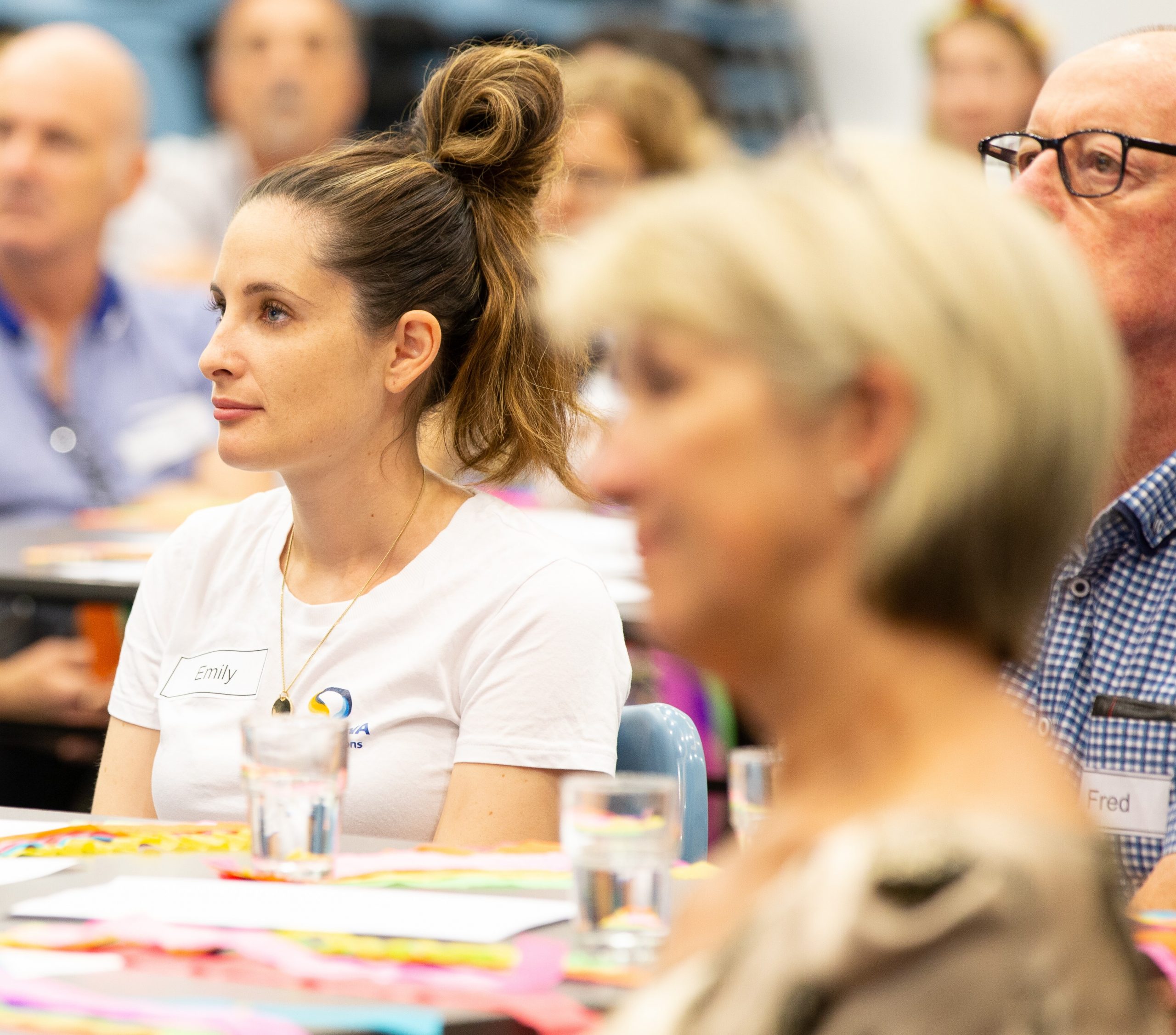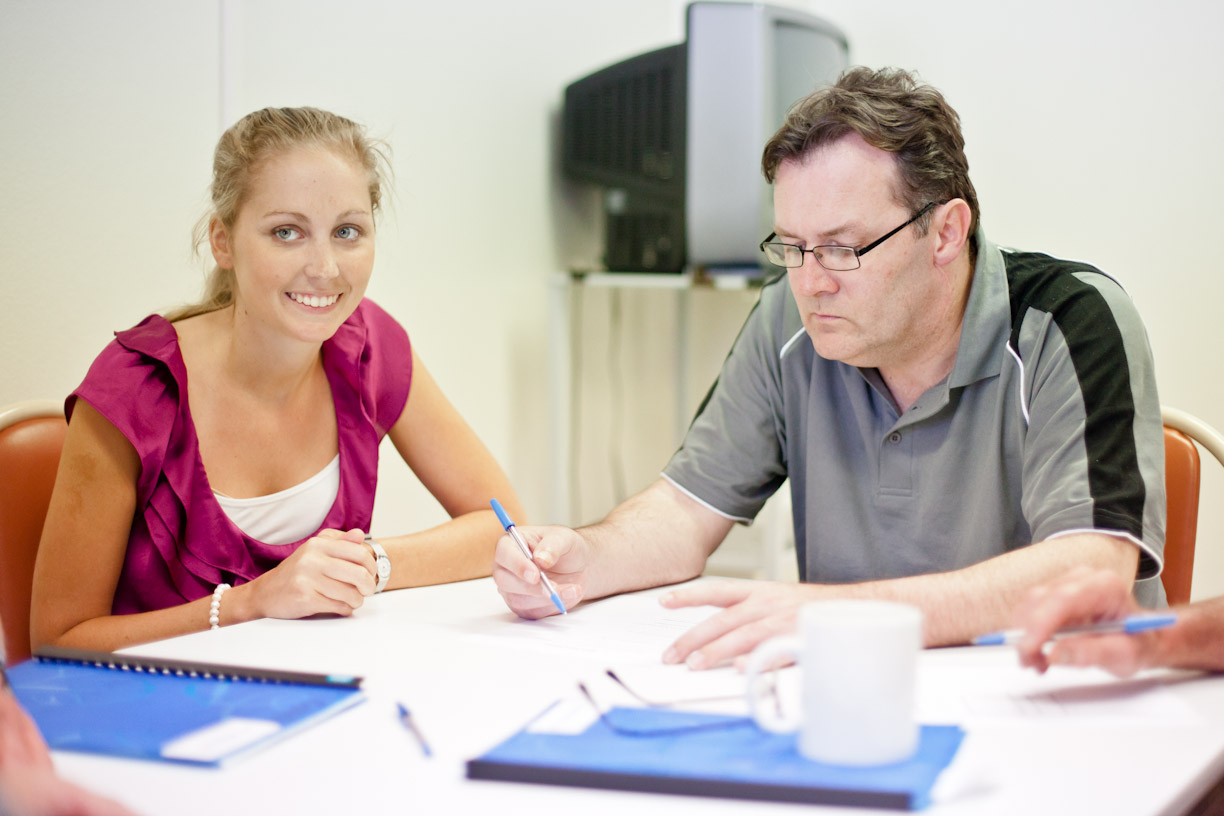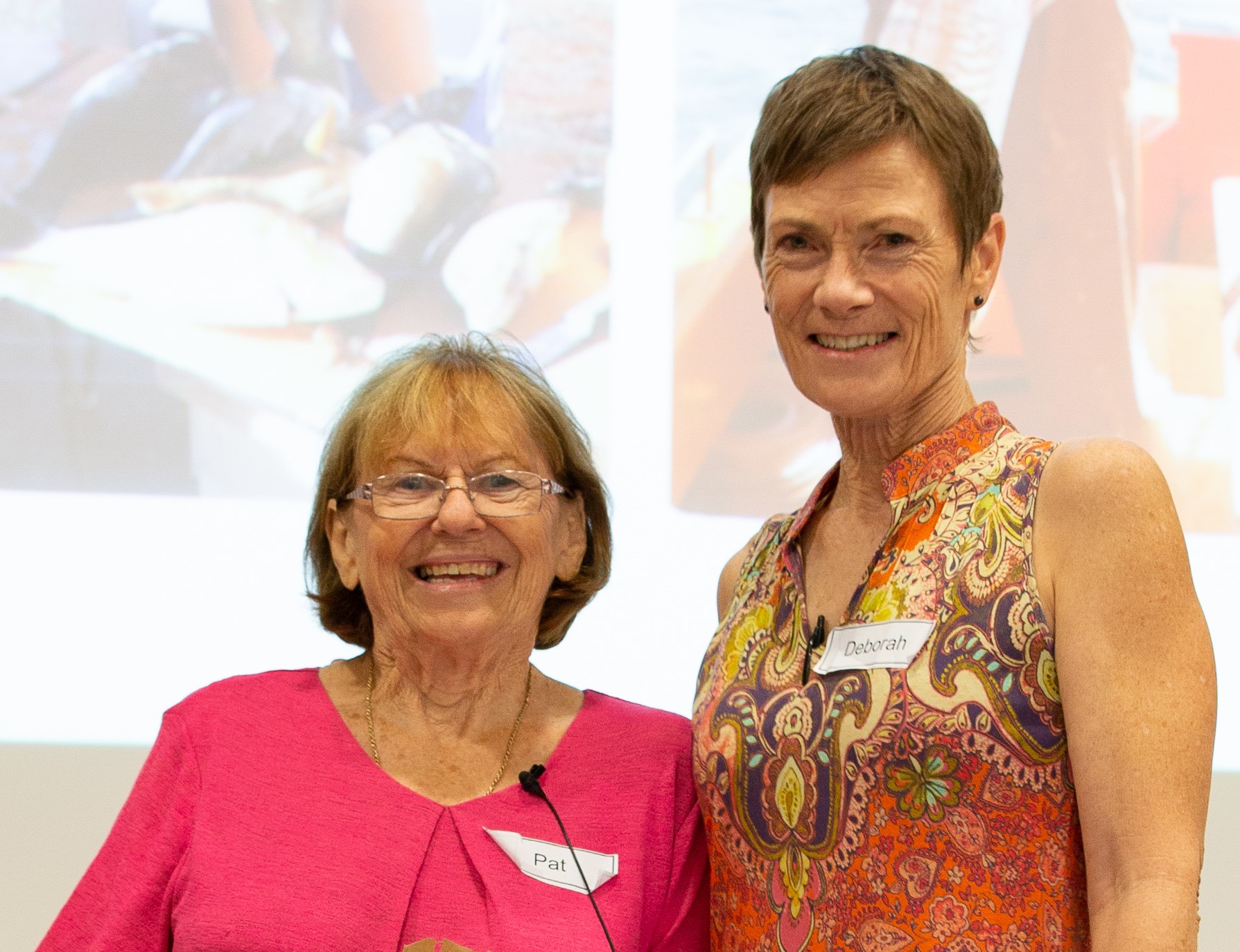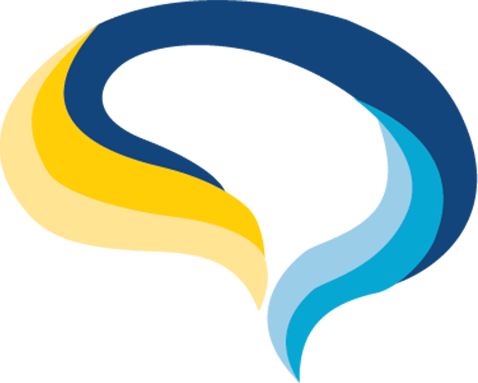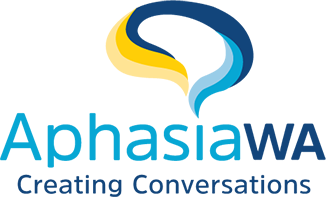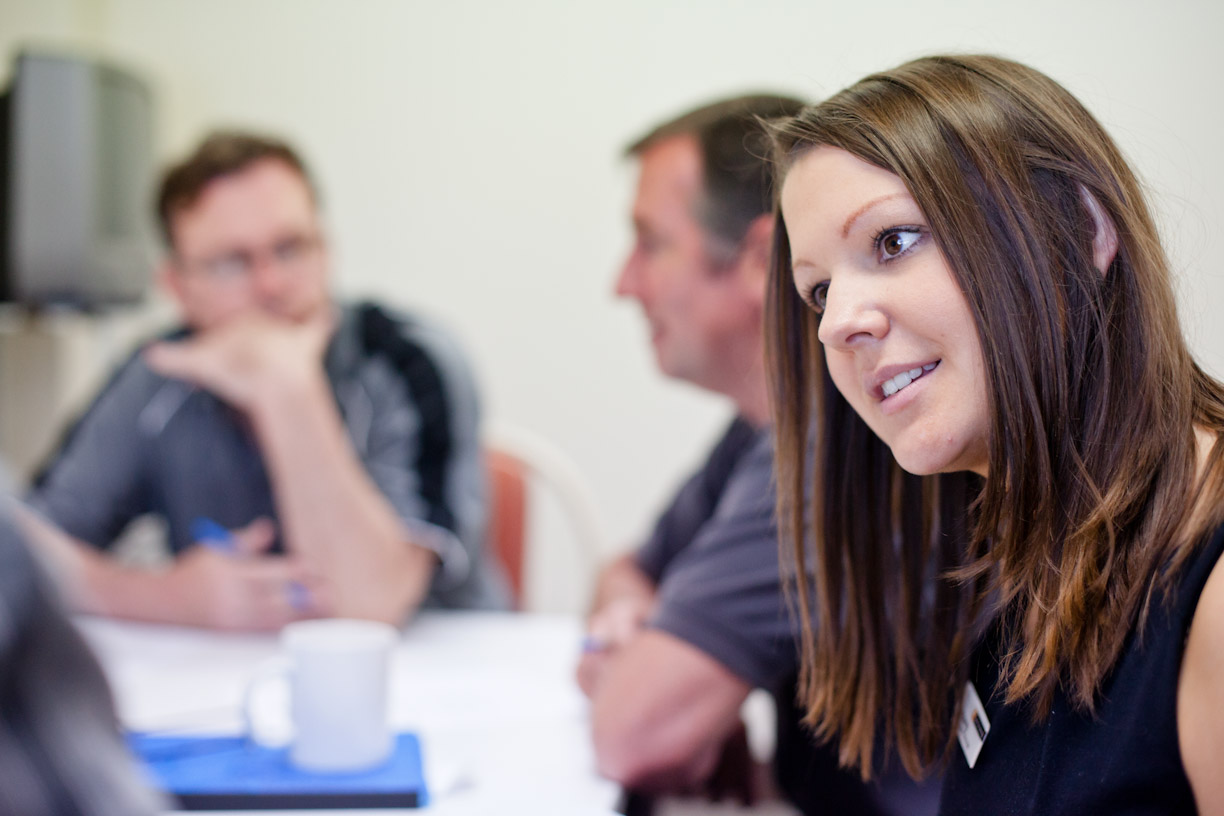
We welcome Speech Pathologists and other health professionals interested in aphasia or working with people with aphasia and their supporters to become members and/or get involved in Aphasia WA’s activities. To find out more, please contact us at admin@aphasiawa.com.au. We’d love to hear from you. Aphasia WA also has a Facebook page. Please follow us at @AphasiaWA.
The most recent Cochrane systematic review of aphasia
therapy reports that speech therapy for aphasia is effective. A plain language summary of research into aphasia by the Cochrane Database can be accessed here https://www.cochranelibrary.com/cdsr/doi/10.1002/14651858.CD0
00425.pub4/full
Speech Pathologists assess and treat people with aphasia. However, many health professionals work with people with aphasia including:
- Medical staff (doctors and nurses)
- Physiotherapists
- Occupational therapists
- Social Workers
- Psychologists
- Dietitians
- Music therapists
- Therapy assistants
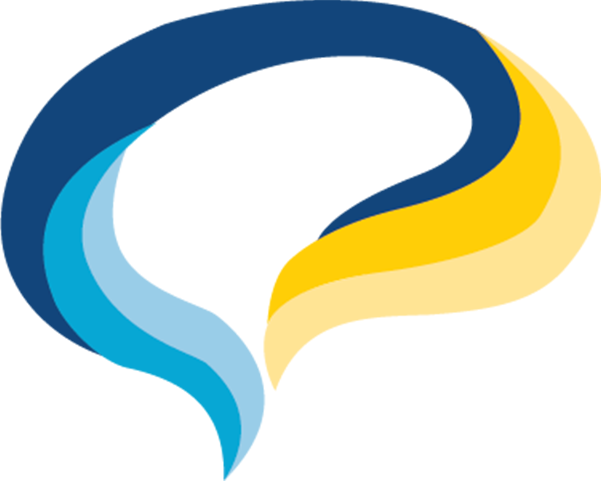
If you are a professional working with a person with aphasia or their supporters we recommend the following resources for further information. In addition to viewing the websites of these organisations, many of them also have social media accounts. We recommend you also follow them on Facebook and/or Twitter where regular updates are posted:
Inform Me (by the Stroke Foundation) InformMe is a website for health professionals to improve stroke care treatment and can be accessed here: https://informme.org.au/.
Aphasia Centre for Research Excellence The Centre for Research Excellence in Aphasia and Recovery is a National Health and Medical Research Council funded research centre and aims to transform the health and wellbeing of people with aphasia and their families through research. Professionals can join their community of practice to keep up to date with research activities. Their website can be accessed here https://www.latrobe.edu.au/research/centres/health/aphasia
Aphasia Access https://www.aphasiaaccess.org/ is based in North America and provides a coordinated mechanism for sharing information, solving challenges and helping new providers.
Australian Aphasia Association https://aphasia.org.au/ (AAA) is a not-for-profit support and advocacy association for people with aphasia, their families, and the professionals who help them. The AAA was established in 2002 and supports families and members from all states and territories across Australia.
Collaboration of Aphasia Trialists (CATs)
https://www.aphasiatrials.org/ is funded by the Tavistock Trust for Aphasia in the UK, and is an international network of multidisciplinary aphasia investigators in rehabilitation, social science, psychology and linguistics research.
The Australian Aphasia Rehabilitation Pathway: http://www.aphasiapathway.com.au/
The National Aphasia Association (USA) has many useful links to resources and fact sheets, including online aphasia communities: https://www.aphasia.org/
Aphasia Software Finder is a website that information about apps and software programs in the English language for people with aphasia https://www.aphasiasoftwarefinder.org/
Aphasia Institute (Canada) offers resources including pictographic resources and training to support conversations with people living with aphasia: https://www.aphasia.ca/
